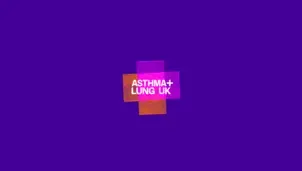How to manage your asthma

When to call 999 or 111
Find out when you need to call 999, ask for help from the NHS 111 service, or see your GP or nurse urgently.

Managing asthma in adults
Managing your asthma well lowers your risk of symptoms and asthma attacks

Your asthma review
An asthma review helps you manage your asthma well. Find out how you can get the best out of your appointment.

Your asthma action plan
An asthma action plan helps you manage your asthma well and lowers your risk of symptoms and asthma attacks.

Peak flow
Find out how to test your peak flow, what your scores mean and how you can make the most of using peak flow to help you manage your asthma.

Asthma getting worse
If your asthma symptoms are getting worse, it means your asthma is not well-controlled. Take action now to lower your risk of an asthma attack.

Other health conditions related to asthma
Whether it’s hay fever, nasal polyps, or vocal cord dysfunction, getting the right diagnosis and treatment for other conditions could benefit your asthma as well.

How to quit smoking - the best ways to quit
You’re more likely to quit smoking if you have help from friends, family, and professionals. Learn more.

Asthma and pregnancy
During pregnancy your body goes through many changes and this can affect your asthma in different ways.

Asthma when you're older
Find out what you and your GP can do to help you stay well with your asthma in later life, and how to manage any extra challenges.

Asthma and young people
Find out how to manage your asthma during puberty, when you’re studying, and when you leave home.
Page last reviewed:
Next review due:




